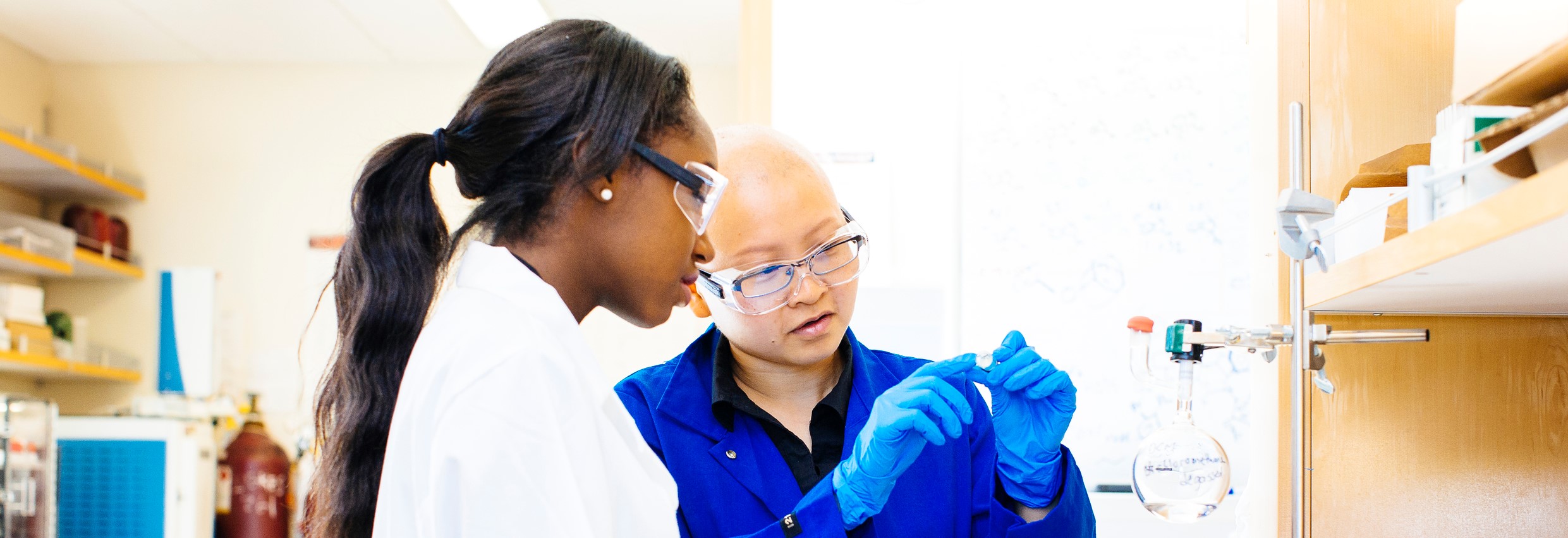University Awards over $80 million in State-funded Grants to Spur Climate Action
Four UC Merced researchers will share in the new California Climate Action Seed Grants and Matching Grants, which are the result of an historic partnership between the University of California and the state of California.
The University today announced it is awarding over $80 million in climate action grants to spur implementation of solutions that directly address state climate priorities.




